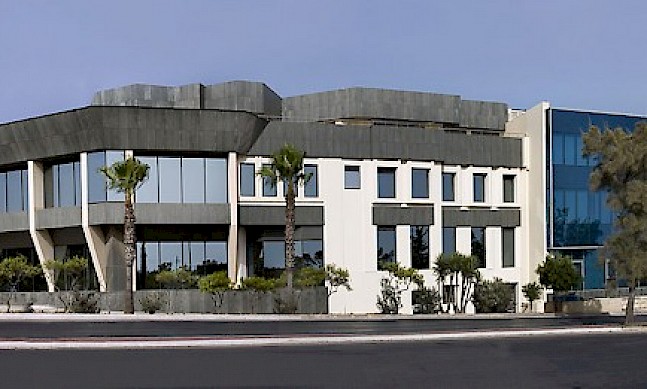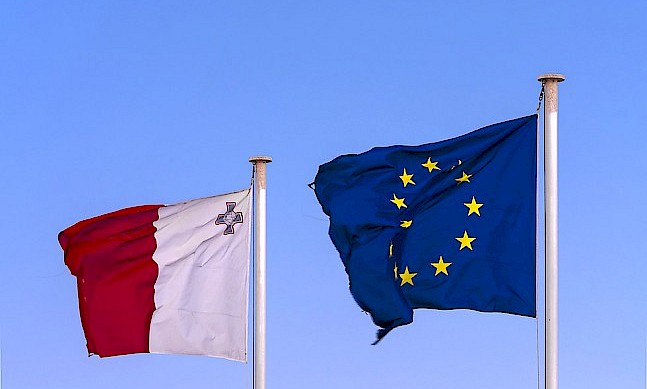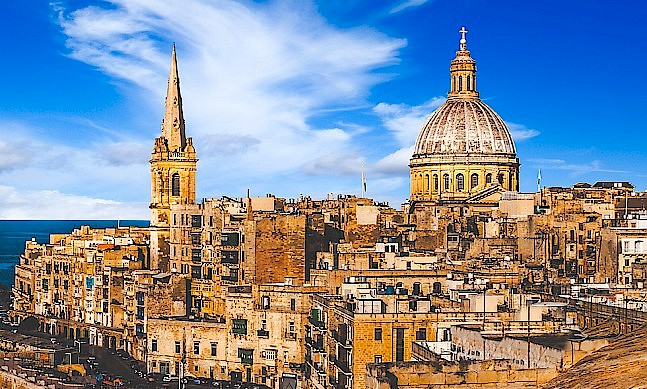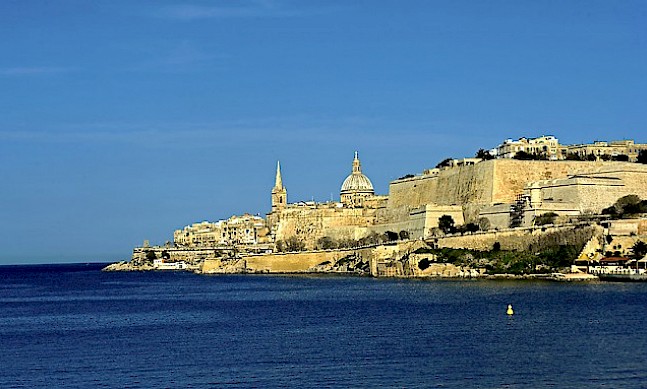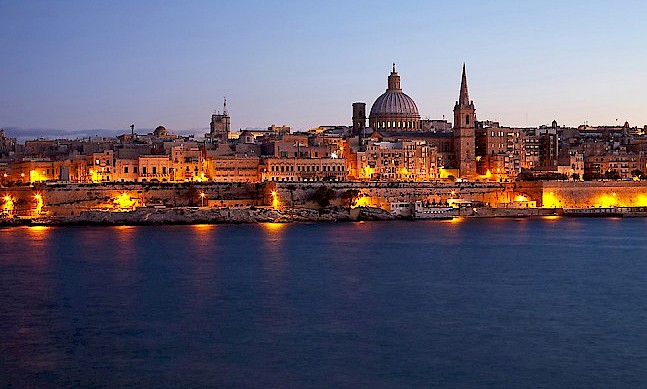Malta takes a back seat to no-one when it comes to participatory democracy: in general elections, it scores the world’s highest non-compulsory voting turnout. The electorate was content to return the ruling Nationalist Party to power from the late 1990s, but in 2013, the Labour Party swept the old guard out of office. What social and economic policy changes would result?
Talk about a turnaround from trad to rad. It wasn’t until 2011 that Malta, a Catholic stronghold, became one of the last countries on Earth to legalise divorce. Just two years later, the Labour Party ascended to power and began almost immediately to pursue social liberalisation, with a particular emphasis on GLBTQ rights. Just as Malta was focusing on moves that would promote increased tourism and international trade, it started making headlines as the most progressive country on the planet on gender identity civil rights.
The recent gender identity, gender expression and sex characteristics act, passed into law in April 2015, recognises the right of each person to their gender identity and the free development thereof and is seen as a historic breakthrough for the rights of transgender and intersex people in Europe. These are no mere cosmetic changes, but in fact alterations to the guiding principles laid out in the constitution, which was adopted in 1964 and amended most recently in 2014. Laws must conform to those constitutional principles, which now expressly protect rights that were explicitly denied just a few years ago.
That the new national government counted these social concerns among its earliest priorities signalled that Malta was reinventing itself. The transition represented a sharp swing to the left in a society that had long held to conservative sensibilities, and many wondered what would come next. Investors, in particular, held their breath: would new Labour Party measures slow the influx of foreign cash or create impediments to cross-border commerce?
“The recent gender identity, gender expression and sex characteristics act, recognises the right of each person to their gender identity and the free development thereof.”Tweet This
They need not have worried. The new government proved as committed as its predecessor to continuing the infrastructure and commercial development projects on which Malta hung its hopes for economic growth. The country’s economy is based on a free enterprise system, and freedom of establishment is guaranteed; there are no plans afoot to instigate taxation changes that could adversely affect investor interests.
Malta’s ceremonial president and constitutional head of state Marie Louise Coleiro Preca has dedicated her time in office to tackling poverty, inequality, discrimination and social exclusion, while the country’s prime minister, Joseph Muscat, has managed to combine a focus on social justice with a sharply pro-business stance: unveiling the latest budget in October 2015, he said his government would not introduce taxes during the year.
The fact that almost everyone in Malta goes out to vote on polling day has seen it become the subject of many a study. Its single transferable vote system, a model used for parliamentary elections in just two countries on Earth – Malta and Ireland - differs significantly from the first-past-the-post system used in the UK, creating a direct connection between votes and policy and making every single vote count. As a result, this thriving and vibrant democracy’s renewed social focus is unequivocally the will of its population.


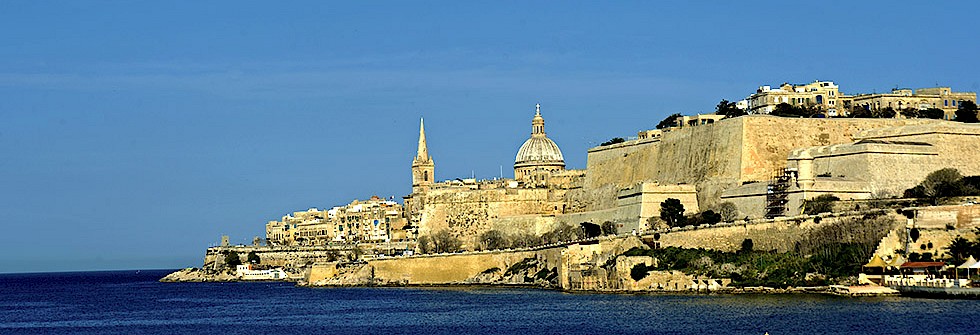 The Maltese capital Valletta viewed by boat.
The Maltese capital Valletta viewed by boat.


